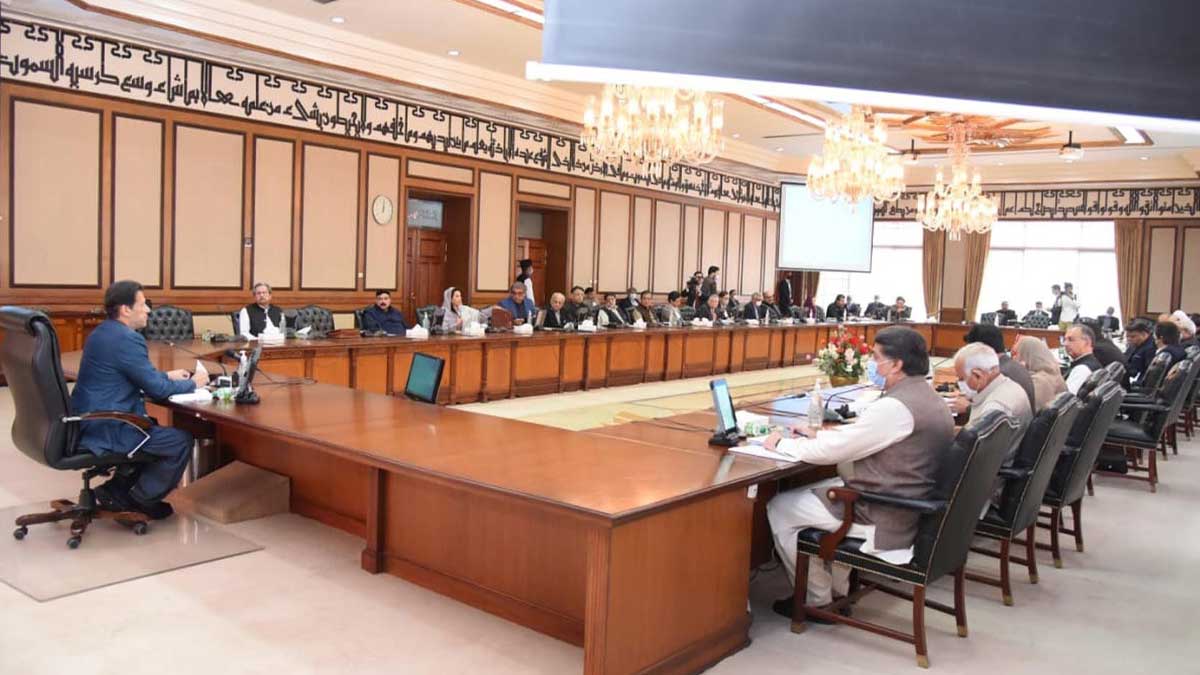After a postponement period of more than two years, the cabinet has accepted the Strategic Trade Policy Framework (STPF) 2020-25.
The report reveals that the framework visualizes procedures to improve enterprises’ capacity to produce, dispense and sell products more competently than their competitors.
Since 2009 the government announced the fourth strategic agenda with the allocation of Rs 45 billion for its application in the next five years by the provision of grants and other support to non-textile sectors.
Read more: ECC defers approval of new five-year trade policy for third time
As compared to the past frameworks, the government had not announced an export target linked with the provision being given to the sectors.
Moreover, the cabinet has requested the finance division to make a realistic export target and acquiesce it to the Economic Coordination Committee for endorsement.
Earlier, the Strategic Trade Policy was proposed to help upsurge export target to $37 billion by end of its application.
Formerly for 2009-12, 2012-15, and 2015-18, the commerce sector informed three policy agendas, but none of them was fruitful in achieving its objectives, particularly regarding the export targets due to a number of reasons. The aforementioned frameworks were futile to alter the export paradigm.
Speaking to the media, the officers said that the government is looking forward to approving the Textile and Apparel Policy 2020-25 soon, loaded with cash supports and lower rates on utilities to increase production and export of value-added textile goods.
Furthermore, the textile sector support runs in billions of rupees, mainly under the control of settling utility costs.
The cabinet is aiming to approve a scheme for payment of Drawback of Local Taxes and Levy shortly, which is merely a cash grant on export profits from the country. This will be an extra subsidy for the sector.
However, the core emphasis of the policy framework 2020-25 will be on geographical and product modification, cost reduction for manufacturing through tariff rationalization, the chase of regional connectivity and Look Africa policy, improvement of market access through free trade, and special trade agreements.





















